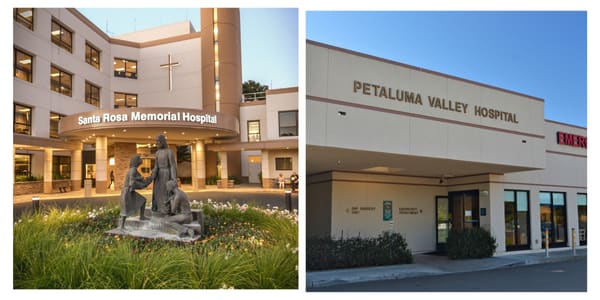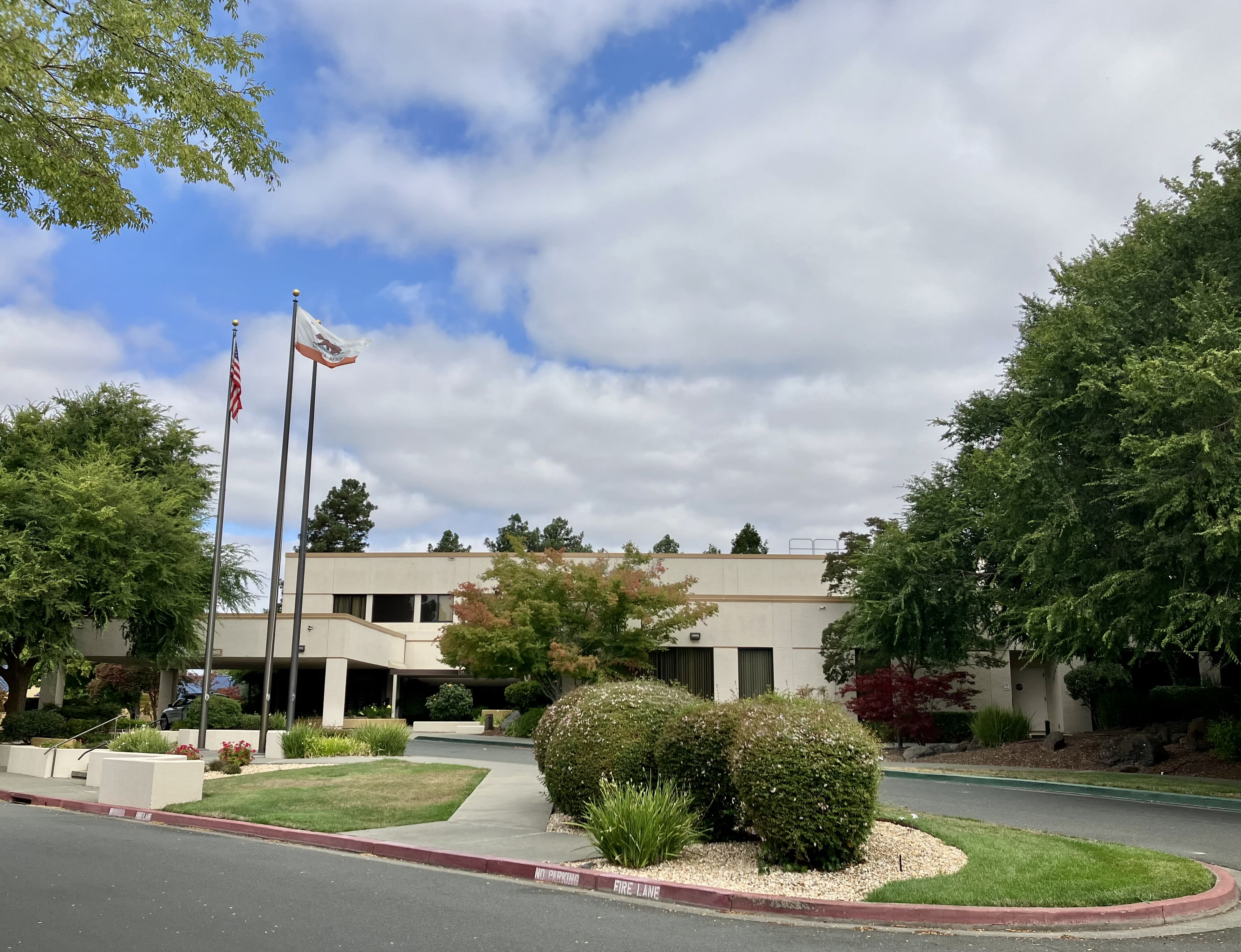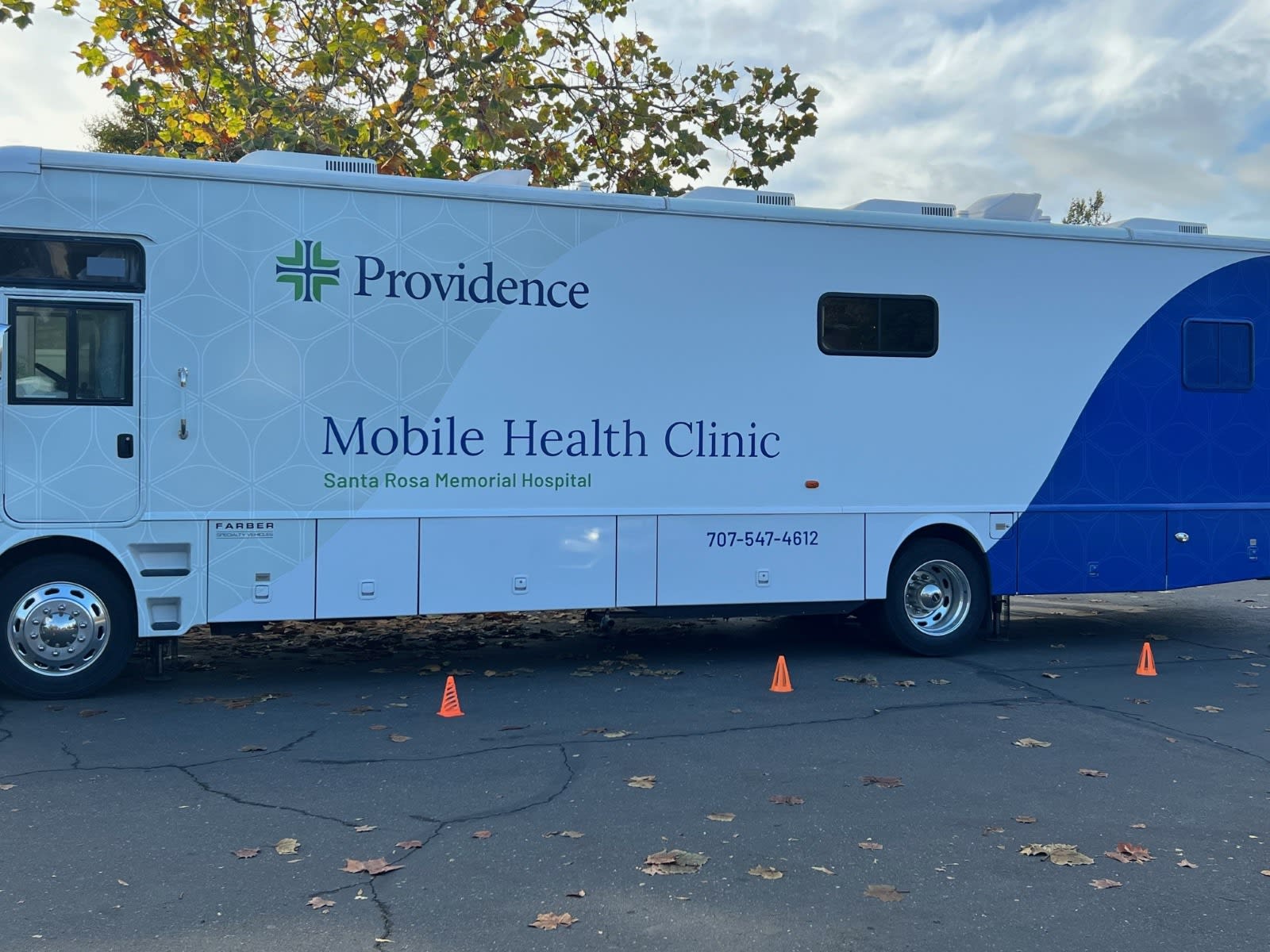Patient names baby lambs after the doctors who saved her life
The day started out like any other Saturday on the Barich family’s Petaluma farmstead: Kristin Barich, 49, a teacher’s aid started her morning at 8:30 a. m. by feeding the animals and tending to the garden. But little did she know, the perfect storm was brewing on this cold November morning.
“I was 100 percent healthy, no history of health problems or cardiac-related risk factors. I was just digging out a broken fence post, which I have done millions of times,” said Kristin. “When suddenly, I felt off. My arms went numb, and I felt panicky with some chest pain. The first thing that came to mind was, ‘I’m having a heart attack’.”
Feeling dizzy, she headed back to the house to find her husband. She could talk, but felt flustered, “almost like I was having a panic attack”.
“Many women don’t listen to their bodies, and I was doing that for five minutes,” she confessed. But when her arms began to feel tingly and numb, she stopped debating whether to drive to seek care and asked her husband to call 9-1-1. It was the call that saved Kristin’s life.
“We almost made the fatal mistake of driving ourselves, but we would have gone to a different hospital that doesn’t specialize in heart trauma,” explained Kristin.
Kristin had spent many hours at Memorial—she gave birth to all three of her children there—but it was her first time arriving by ambulance.
The paramedics did an EKG within minutes of arriving at the farm and made great time to Memorial, arriving at the hospital in less than 16 minutes. They told me, “We are taking you to the best hospital for cardiac care.”
That’s where Kristin’s memory became foggy, but she does recall the ambulance doors opening and a team of people waiting for her.
“I don’t remember it all, but at some point, I coded,” she said, explaining her heart stopped mid-way through her angiogram. “They had to put a breathing tube in and do CPR.”
Sanjay Dhar, M.D., an interventional cardiologist with Providence Medical Group, examined Kristin and quickly diagnosed her condition as spontaneous coronary artery dissection (SCAD)—an emergency situation that occurs when a tear forms in a blood vessel in the heart leading to a heart attack, heart rhythm problems, or death.
“In my 40 years of experience, I have seen many cases of SCAD. It presents as a heart attack in women, most of the time,” explained Dr. Dhar. “While mild cases can be difficult to diagnose, severe cases like Kristin’s are easily identified.”
Dr. Dhar called Ramzi Deeik, M.D. cardiothoracic surgeon, who reviewed the films in one of Santa Rosa Memorial Hospital’s new state-of-the-art cath labs, which showed that 100 percent of her right coronary artery was blocked by blood pooling in the tear. "Emergency coronary artery bypass surgery (CABG) was needed to save her life,” explained Dr. Deeik.
Kristin’s condition was now critical. She was in cardiogenic shock, had ventricular fibrillation arrest and her blood pressure was extremely low. The care team quickly moved her to the operating room and prepped her for open heart surgery.
“In these situations, ‘time is heart muscle’, and the sooner we are able to re-establish blood flow, the less the damage there is on the heart,” said Dr. Deeik. “Fortunately, at Santa Rosa Memorial we are able to move quickly to the operating room and perform life-saving coronary artery bypass grafting promptly.”
It was a team effort: Samantha, a physician assistant, looked for a vein to harvest in case it was needed to save time, while Dr. Deeik searched for a mammary artery.
“I was able to utilize her internal mammary artery to bypass her dissected right coronary artery instead of using a vein conduit. Usually, this type of an arterial conduit is used in elective surgeries and not in emergency settings because of the technical demands, but considering her young age, [it] would last longer,” he said.
While she went into cardiac arrest two more times during surgery, her heart was still beating during the bypass surgery. The team was successful in reestablishing blood flow and her heart immediately recovered.
“The ICU nurses later told me they didn’t believe I had a true dissection until they wheeled me in with a huge balloon pump—they treated me like a celebrity and called me a miracle,” said Kristin.
Ten days later, just a few days shy of Thanksgiving, Kristin returned home. Five weeks after the surgery, she celebrated her 50th birthday. Within a few months, after completing cardiac rehab—which was hugely important to her recovery—she was back to doing all the things she loves—gardening, refurbishing furniture and caring for her family.
“That is one of the biggest blessings. I am so thankful for all of those doctors and their vast experience and their skills. I’m sure they put in a gazillion hours of medical school and all of it was worth it because it is what I needed in that moment,” she said. “Your heart can only go without blood for so long and they are the only reason I am here.”
In January, the family welcomed two baby boy lambs to their hobby farm and, as a tribute to the heroes who saved her life, they are fondly known as Deeik and Dhar.
In March 2023, Providence Santa Rosa Memorial Hospital (SRMH) opened its second state-of-the-art catheterization (cath) lab, expanding and enhancing our ability to provide the best cardiovascular and vascular care, close to home. Upgrades just started on our third cath lab with completion expected in Spring 2024. These upgraded cath labs allow the hospital to accommodate multiple pressing cases at once.
Learn more about our Heart and Vascular Institute.


